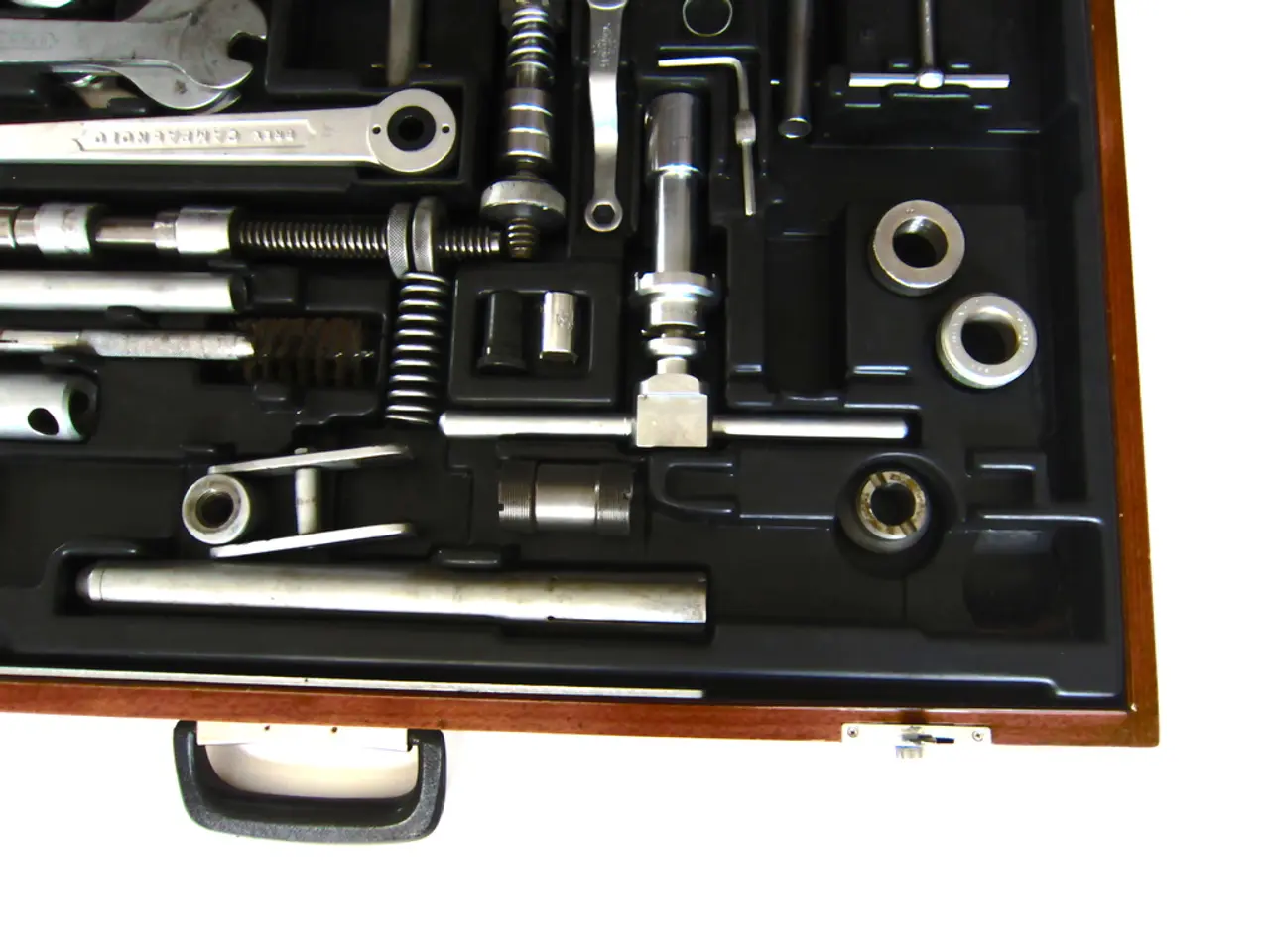Airport operations at DWC are now enhanced with the deployment of autonomous vehicles by dnata.
**Autonomous Ground Support Vehicles Take Flight at Dubai World Central**
Dnata, in collaboration with TractEasy, Dubai Airports, and the UAE General Civil Aviation Authority (GCAA), has introduced a fleet of six autonomous electric baggage tractors at Dubai World Central – Al Maktoum International Airport (DWC). This deployment, which began in July 2025, marks a significant step forward in airport automation.
The EZTow tractors, operating at Level 3 autonomy, can tow up to four baggage containers at speeds of up to 15 km/h along predefined routes. While human oversight is available for intervention, the tractors are designed to reduce human error, enhance airside safety, and speed up aircraft turnaround times, freeing up ground staff for more complex tasks.
The AED 6 million ($1.6 million) initiative is a testament to Dnata's commitment to innovation in airport logistics. The company has also integrated autonomous drones into warehouse operations, further demonstrating this commitment.
The deployment at DWC serves as a trial to test different operating models and identify the most effective approaches for a broader rollout as the airport expands to become the world's largest, with a planned capacity of 260 million passengers and 12 million tonnes of cargo annually. The autonomous tractors are expected to upgrade to Level 4 autonomy (high automation, with minimal human intervention) by 2026.
This pilot is also intended to serve as a testbed for refining regulatory and operational frameworks that can be scaled across other airports in the UAE and potentially globally. Dubai Airports and the GCAA have played a central role in enabling this deployment, working closely with dnata and TractEasy to develop a new regulatory framework specifically for autonomous vehicle operations in airside environments—a largely unregulated area globally.
The collaboration aims to create regulatory frameworks for autonomous vehicles in airside environments, addressing critical issues such as vehicle certification, operational protocols, safety management, and integration with existing airport systems. By establishing clear guidelines, Dubai Airports and GCAA are not only facilitating current deployments but also setting a precedent for future innovations in airport automation, both in the UAE and potentially internationally.
| Aspect | Current Status (July 2025) | Future Plans | Regulatory Role | |-----------------------|--------------------------------------|----------------------------------------|------------------------------------------------------| | Technology | Level 3 autonomy (EZTow tractors) | Upgrade to Level 4 by 2026 | Framework development with industry partners | | Deployment | 6 vehicles in daily operation | Scale up as DWC expands | Certification, safety, and operational oversight | | Objectives | Safety, efficiency, labor reallocation| Testbed for global best practices | Enable innovation while ensuring compliance | | Collaboration | dnata, TractEasy, Dubai Airports, GCAA| Broader industry adoption | Set regulatory standards for autonomous airside ops |
As DWC continues to push boundaries in airport technology and regulation, the introduction of autonomous ground support vehicles signifies a new era in airport operations, one that promises increased efficiency, safety, and innovation.
The collaboration between Dnata, TractEasy, Dubai Airports, and the UAE General Civil Aviation Authority (GCAA) aims to create an environmentally friendly future for airport operations, using autonomous technology to reduce human error, enhance safety, and minimize the need for manual labor. This trial at Dubai World Central – Al Maktoum International Airport will pave the way for broader rollouts as the airport expands, and may eventually set global regulatory standards for autonomous vehicles in airside environments, ensuring both safety and innovation in the aviation industry.




